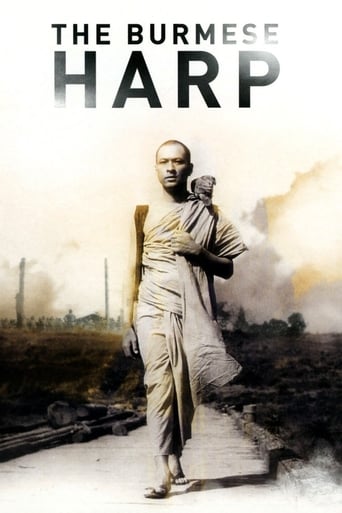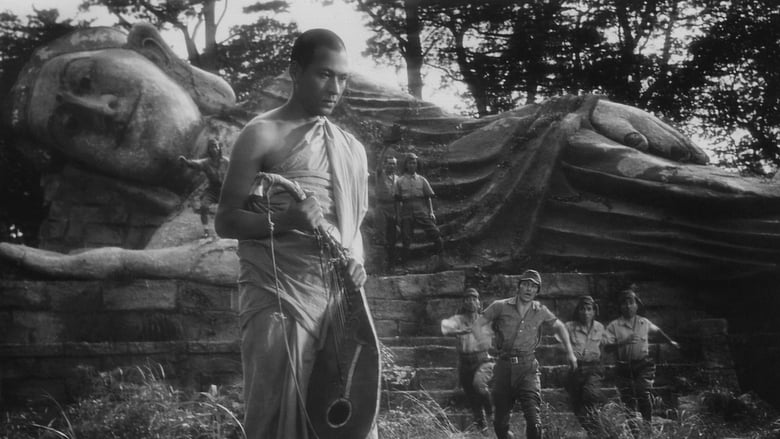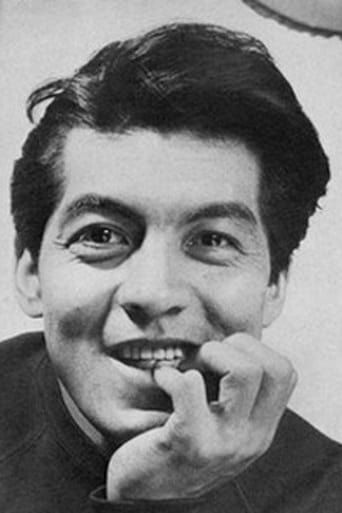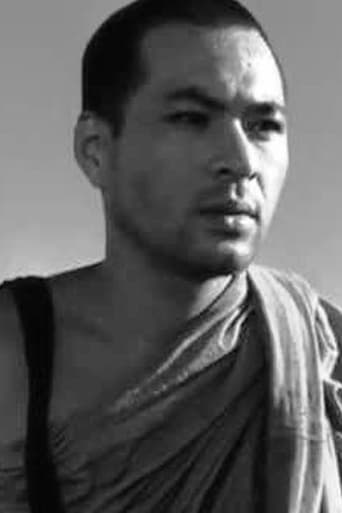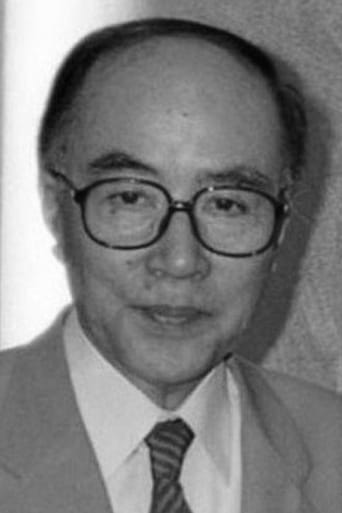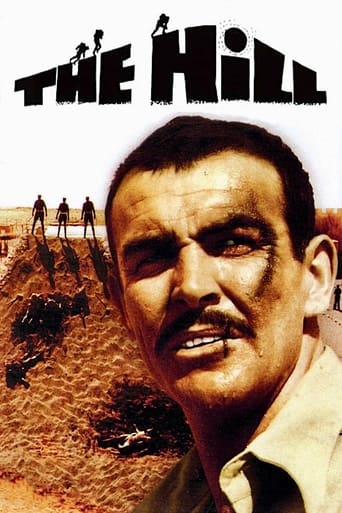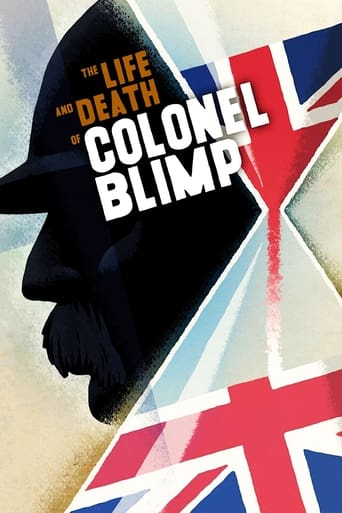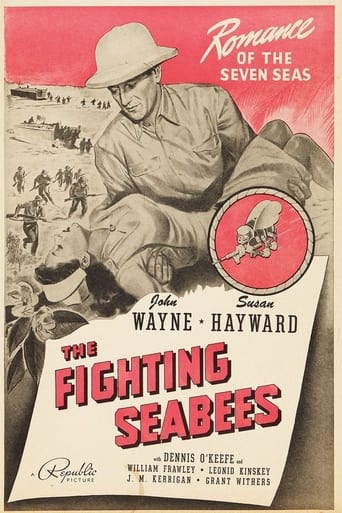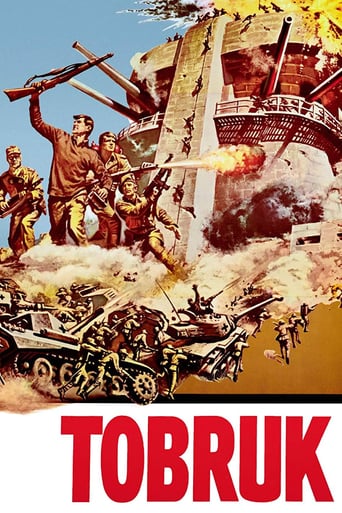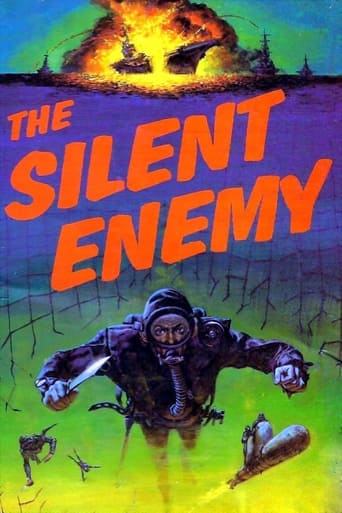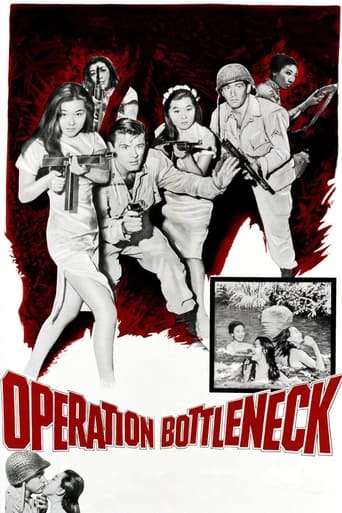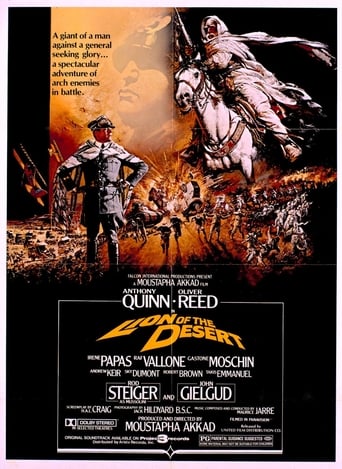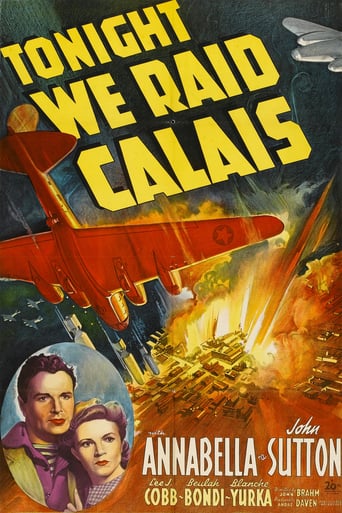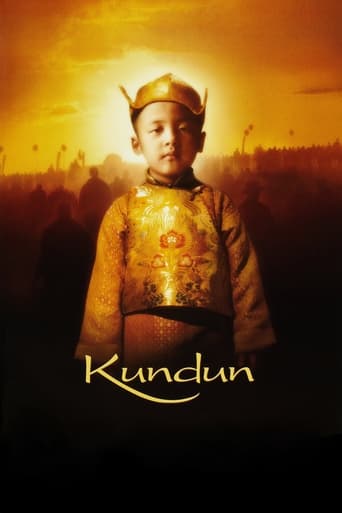The Burmese Harp (1956)
In Burma during the closing days of WWII, a Japanese soldier separated from his unit disguises himself as a Buddhist monk to escape imprisonment as a POW.
Watch Trailer
Free Trial Channels
Cast


Similar titles
Reviews
Sadly Over-hyped
I wanted to like it more than I actually did... But much of the humor totally escaped me and I walked out only mildly impressed.
While it is a pity that the story wasn't told with more visual finesse, this is trivial compared to our real-world problems. It takes a good movie to put that into perspective.
The film may be flawed, but its message is not.
The war theme was quite popular during the post-war period in different kinds of arts, especially film production. Therefore, we can observe lots of films, which were under strict censorship of governments, about the particular battles, persons or big events with a purpose to agitate a patriotism and undermine the reputation of the ex-enemy. Therefore, on the background of these films, Kon Ichikawa tried to shoot a film about the war, without single propaganda for or against anyone. Instead, he "filled" the film with the abstract thoughts about life, which are tightly connected with Buddhism, during the war and, literally, lots of songs and hymns. That is why you could get it as Japanese musical about war with some deep meaning. Due to the shooting date, I cannot properly assess the picture and sound quality: the main thing - you see and hear something. However, there is no doubt about the cast. The play of every soldier of Captain Inouye's group was felt as a representation of real soldiers of WWII because you could see individual thoughts and feelings towards particular events around them. Moreover, Rentaro Mukini, who had a starring role, showed the exemplary model of commander, who cares about the people's lives more than heroic actions with the clear death of the whole troop. Still, Mr. Yasui, who played the central personage of the whole film - Mizushima, made a great effort to persuade the audience that there could be a sudden enlightenment and decision to stay at Burma, despite that you have a chance to go back home. Sudden decision to become a monk. Certainly, the director was inspired by Zen Buddhism, especially the Rinzai school and its idea of gradual enlightenment. According to broad claim, this film was as recognized Buddhistic, due to the several signs as the speech of the monk "Burma is Buddha's country". But, I could not agree with it. The presence of temples and monks adds certain level spirituality and, in this case, serves as vital bond in the screenplay for more dramatic upshot rather than a sacred message to the audience. To sum up, the audience of this film is certainly sufficiently narrow. If you want to be in this group, you must have: 1) certain interest in the World War II history; 2) desire to watch the 2-hour-long black-and-white grainy film; 3) patience toward simple and obvious plot. At the end of watching, you can surely say that you watched worthy Buddhistic film from respected Japanese director.
In this masterful antiwar movie Kon Ichikawa uses the big emotional impact of music and singing. It goes straight to the heart of the spectator.The soil of Burma is red with blood of fallen Japanese soldiers. Nobody is there to bury their corpses decently, until one soldier, disguised as a Buddhist monk, takes the herculean task on his shoulders. Kon Ishikawa asks in his movie: 'why must the world suffer such misery?' But, the example of one soldier who survived the onslaught, gives the devastated world a glimmer of hope. Indeed, 'our work is simply to ease the great suffering of the world.'In one of the extras, the actor Rentano Mikuni reveals that bayonet drills in the Japanese army were 'performed' on living prisoners of war! This movie is a real masterpiece. A must see, also the extras.
Towards the end of WWII, a group of Japanese soldiers struggle through the chaos of national disintegration, trying to reach the border through the Burmese jungle. Their Captain is musically trained and forms them into an ad hoc male choir in order to maintain morale. Foot soldier Mizushima plays the titular instrument and as such become a talismanic figure in the group. When he later disappears and suffers an existential crisis, his fate comes to obsess the group as a whole.Ichikawa's iconic piece contains a strong anti-war theme that survives beyond its 1945 setting. Mizushima's troop are timeless, soldiers dreaming of homes, wives, town festivals; clinging to nostalgia to guide them home and fighting on for each other rather than any greater cause inspired by the imagined national community. Much more identifiable with the period are the troop holding out against the British even after national surrender, fanatics looking to die for an Emperor who has forsaken them rather than return to their families and rebuilding of the community. Among these men, there are no songs.Mizushima's conversion from soldier-musician to selfless monk symbolises a state of reflection that follows all armed conflict. The film has been criticised for failing to confront the barbarism of the Imperial army, but this lack of identification with specific national failings is what gives the film a theme that transgresses to other cultures, conflicts and evils - the coming to terms with a life to be lived in the aftermath of horror. The flaws on the Yamato spirit may not be interrogated, but the atrocities of war are present, most visibly in Mizushima's encounter with the rotting flesh of fallen comrades being picked over by scavenger birds. The framing is impeccable, and those looking for a quintessential Japanese aesthetic will be surprised by the extensive use of closeups. The music is spare and suitably evocative of military camaraderie and frightened young men coping far from home. Mizushima's journey is both symbolic and highly plausible, as is the reaction of his brothers-in-arms. Great cinema in its own right, and at the very top of the tree in anti-war movies.
This movie did not move me nearly as much as it seems to have moved others, perhaps because it resembles in certain respects other stories about World War II survivors. I can't help wondering how I would have reacted if I'd seen it when it was originally released. I suspect I would have found it much more affecting then than I do today. To be sure, the locale is more exotic than many other war survivor movies (though one suspects it was not actually shot in Burma). The gritty black-and-white film gives it a bit of a newsreel quality. But despite the left-over bones on the landscape, it does not make for a particularly powerful antiwar statement. All it really tells us is that Japanese soldiers were people too and one of them felt a pull to a more spiritual calling which he obeyed rather than return home with his wartime comrades.

